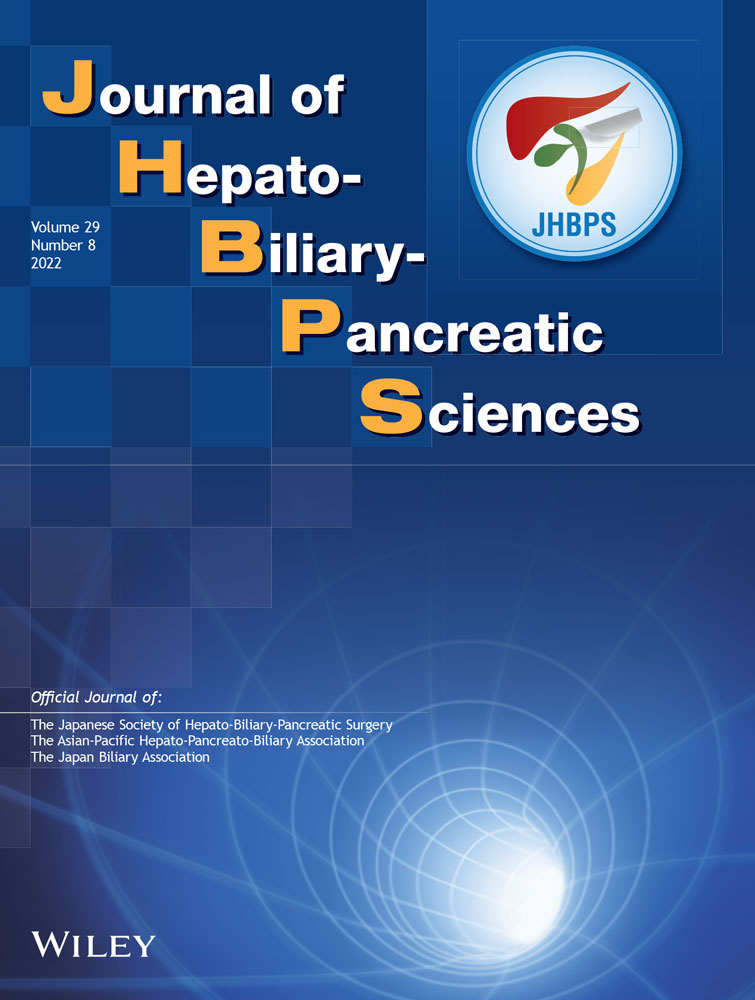Steroid therapy still plays a crucial role and could serve as a bridge to the next promising treatments in patients with IgG4-related sclerosing cholangitis: Results of a Japanese nationwide study
Abstract
Objective
The acceptable duration of steroid therapy for patients with IgG4-sclerosing cholangitis (SC) has been under debate. Our aim is to clarify the feasible duration of steroid treatment.
Design
We retrospectively reviewed the data of patients with IgG4-SC and analyzed the following: biliary status during the steroid therapy, incidence of remission, relapse, relapse-free survival rate, and steroid-related complications (SRCs).
Results
Remission was achieved in 99.5% (763/767) of patients who received steroid therapy, while the remission rate dropped to 63.6% (78/129) of patients who did not receive it. Relapse was noted in 19.7% (151/763) of the patients who received steroid. Besides, relapse rate went up 38.4% (30/78) of the counterpart. Normalization of the serum total bilirubin and serum alkaline phosphatase levels were achieved at 2 weeks regardless of biliary drainage. Multivariate analysis identified younger onset, MST less than 3 years, immunosuppressant, and steroid cessation as independent risk factors for relapse. Steroid-free was achieved in the patients underwent MST only 3.4% over 54 months. SRCs were recorded in a total of 99 patients (12.9%) despite sufficient preemptive medications. Multivariate analysis identified history of malignancy and immunosuppressant as independent risk factors for SRCs.
Conclusion
Steroid therapy should be continued for no <3 years to reduce the risk of relapse, with use of preemptive measures taken around 5 years. The biliary drainage might not be mandatory. Steroid as 1st line therapy could serve as a bridge to further promising treatments.
CONFLICT OF INTEREST
The authors declare that they have no conflict of interest.




